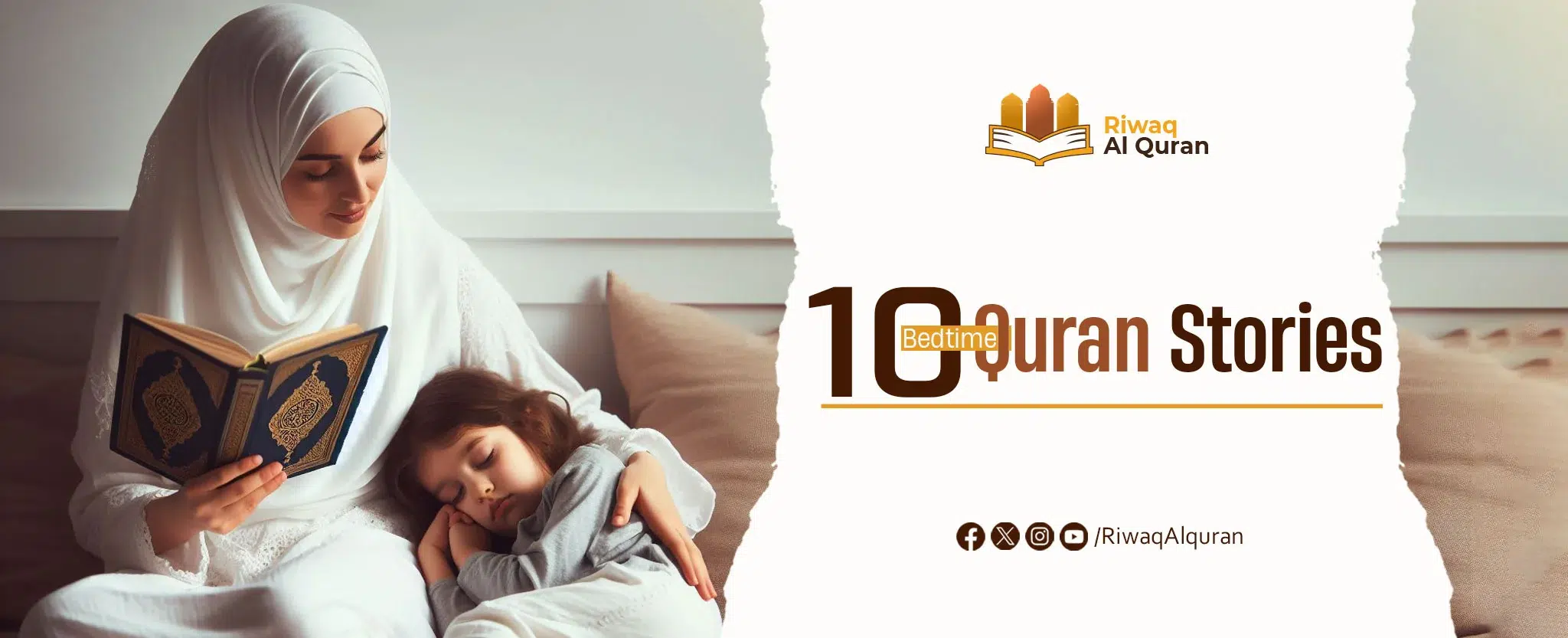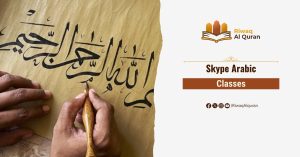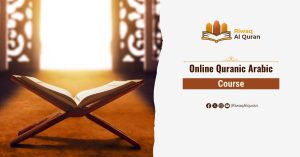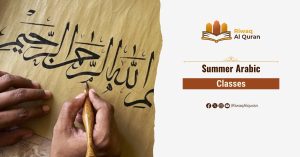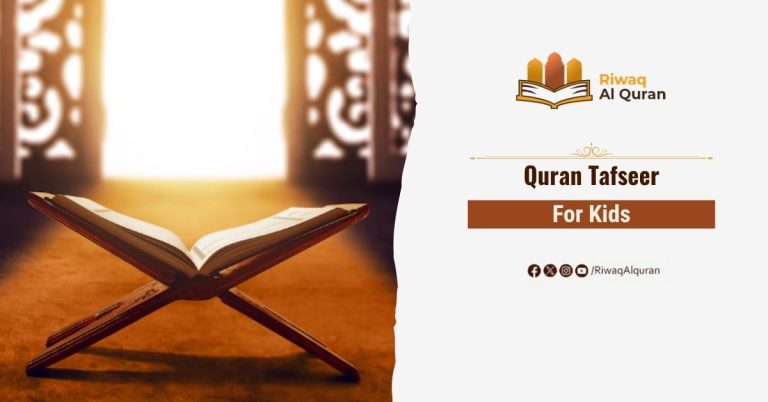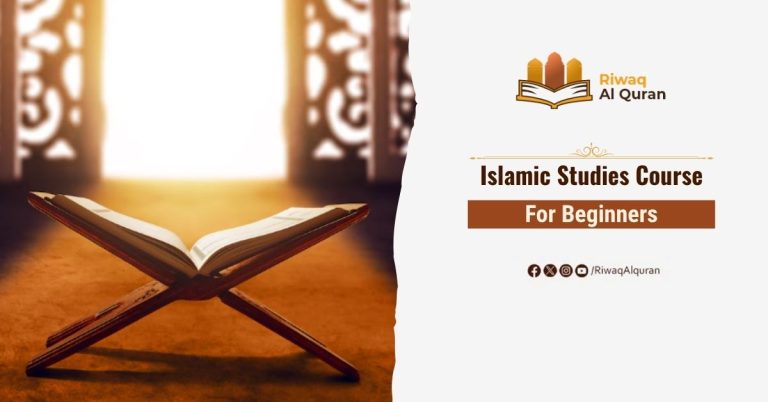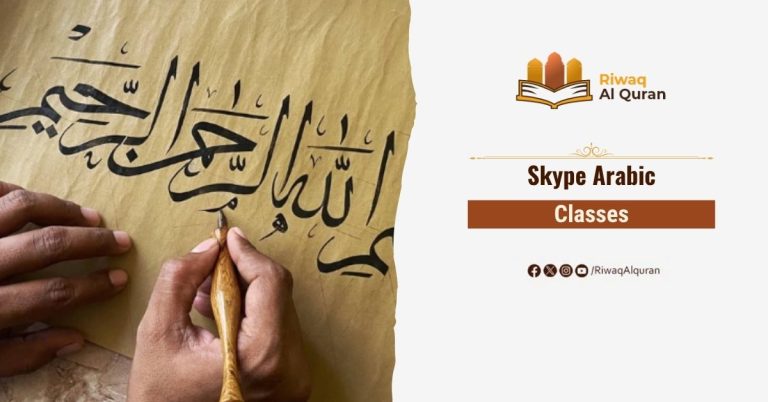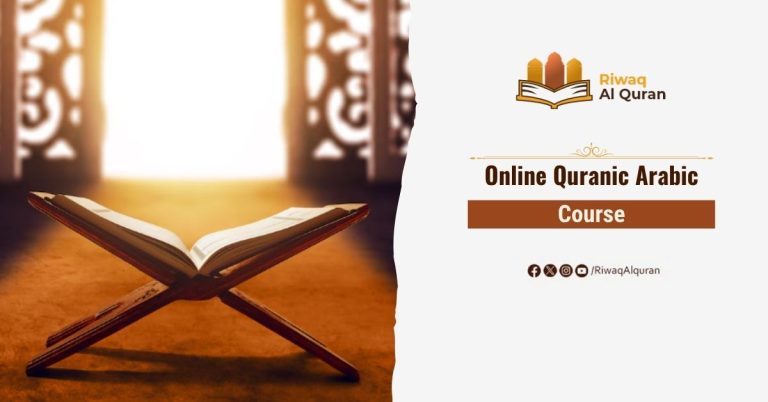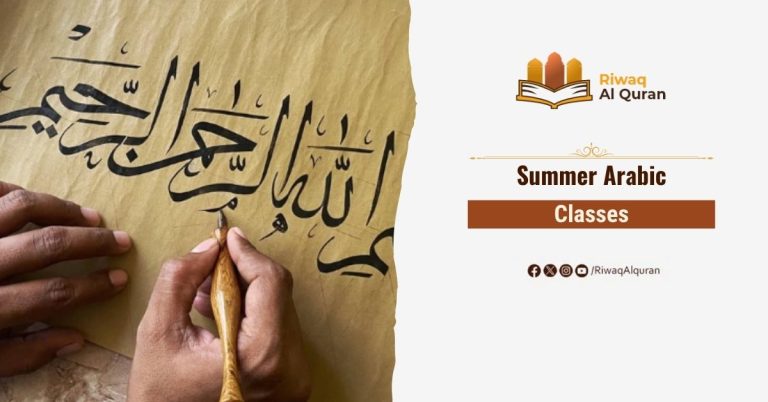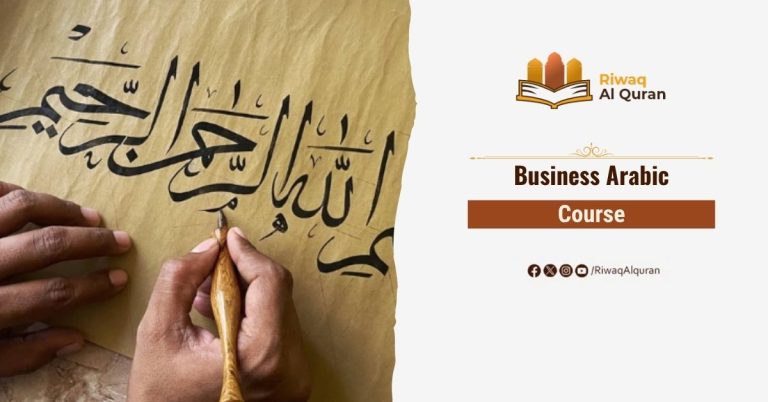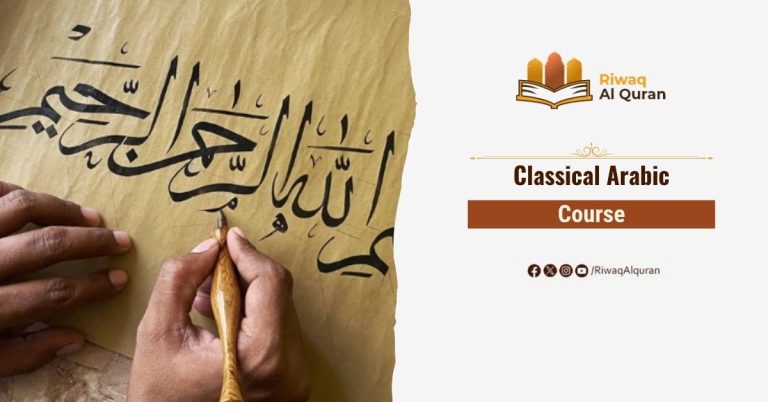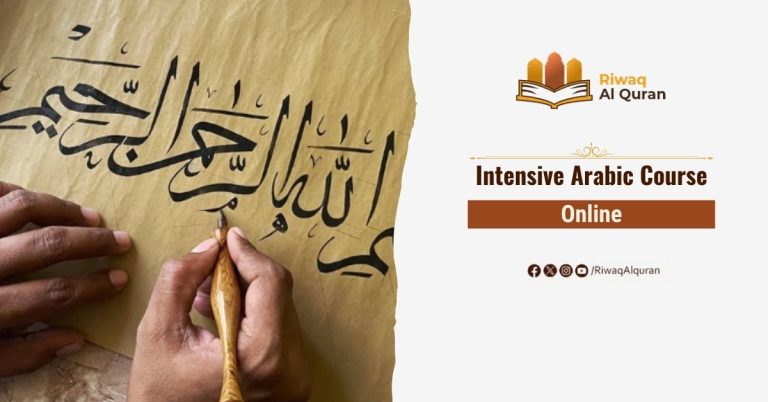Bedtime Quran Stories: The Holy Quran, with its many stories, contributed to the education of many people during the time of the Prophet and in later periods. Along with other educational methods of Islam, stories have led to the emergence of exemplary personalities. It is known that these exemplary figures contribute to the moral and characteristic qualities of children by telling the stories of the Qur’an, and at the same time, they form the religious foundations of telling the stories of the prophets in a language and method that children are familiar with due to their age.
Table of Contents
Meaning of Bedtime Quran Stories:
Bedtime Quran Stories typically refer to a collection of short narratives or summaries derived from the Quran, the central religious text of Islam. These stories are often adapted and simplified to be suitable for children, with the intention of teaching them moral lessons, instilling values, and fostering a connection with Islamic teachings before bedtime.
Bedtime Quran Stories cover a wide range of themes including faith, righteousness, patience, kindness, and obedience to God’s commandments. The purpose of such stories is to provide children with spiritual guidance and moral education in a format that is accessible and engaging for them.
Importance of Bedtime Quran Stories
The greatest importance of Quran bedtime stories is that the lessons and exemplary behaviors learned from the stories in the Quran support the moral development of children. While learning true stories, children, with their tendency to imitate in their basic moral and religious education, begin to gain the ability to distinguish between good and bad – exemplary personalities and people and characters that should not be taken as examples. Quran bedtime stories contribute to children’s character development.
As educators will admit, there are also stories conveyed through storytelling that affect children in a very significant way and keep their feelings about reading and acquiring knowledge alive. We can say that it is one of the most effective ways of education in instilling knowledge, curiosity and desire to learn of children. On the narration of the stories, Allah SWT. He revealed the following verses to our Prophet: ” (PBUH) We tell you everything from the news of the prophets that will strengthen your heart.” (Hud, 11/120)
10 Bedtime Quran Stories
Quran bedtime stories play a great role in establishing children’s moral values and religious foundations. There are stories in the Quran that tell about the events that happened to the Prophets and some tribes. These stories can be conveyed to children using language and expression appropriate to their level.
It is one of the most valuable duties of parents to satisfy children’s curiosity about the creation of the world, Allah SWT, His Prophets, His Angels and other subjects by using a language they can understand and conveying them from correct sources.
We have selected 10 Quran bedtime stories and summarized their contents. in order to inspire you which Quran bedtime stories you can choose for your child.
1. The Beginning: Allah Made them All
Start with the story “The Beginning”, which will arouse children’s curiosity about the existence of Allah and make them think. There are so many creatures on earth. Make your child think about the existence of “Allah” SWT first, with stories that indicate that there is a Creator of the creatures in the universe, mountains, animals, rivers, all kinds of creatures, great and small.
A Quran bedtime story with this content will arouse curiosity in your child’s mind or satisfy his existing curiosity about Allah SWT to a certain extent . In this way, the child’s first religious foundations will be laid.
2. The First Prophet
The child should be told about who the first Prophet and the first human created was, the stages of creation, what he was created from, and how Allah SWT taught him the knowledge. Regarding the creation of mankind, you can tell your child that Allah took different types of sand and soil from the Earth and He mixed it all up. Then that He made the shape of Adam AS and blew life into it. Allah taught Adam so many things like the names of everything and more. You can explain it as: Allah gave him so much knowledge that he knew more than angels.
Foundational benefits: The child learns who made them all around him through the story of “the beginning”. Then, how the first human being, the first prophet, was created.
3. The Two Brothers: Habil & Qabil
Adam had two sons called Habil and Qabil. Prophet Adam thought that Habil , the younger son, should take over after him. But Qabil didn’t like this idea and was very jealous. To settle the argument Adam thought of an idea. He told his sons to think of a present to give to Allah and leave it on top of a certain hill. The one whose present Allah accepted, would win the argument. Allah chose Habil’s present because Habil had taken a lot of time and trouble to choose his present. Qabil was very upset and angry. He was so angry that he killed his own brother. Afterward, when he realized what he had done, he cried and cried but it was too late to be sorry.
Moral benefits: Learning distinction between good and evil, and that bad emotions such as jealousy and ambition also exist, but that two believers should never fight one another, no matter what.
4. The Ark of Nuh
After teaching children about the existence of Allah and that there is a Creator of all things in this universe, it will be very useful to tell the story of Nuh’s Ark to your child in order to explain that Allah is one and that those who join his invitation to truth and beauty will be under his protection.
Allah assigned the Prophet Nuh to warn his people. Because the people of the Prophet Nuh made stone idols and worshiped them. However, there was only one creator of the entire universe. Prophet Nuh said to his people: “Think of your Lord, who created the stars, the sun and the moon that you see, and believe in Him.” His people mocked him, laughed at him, and ignored what he said. Even though he explained it patiently many times, the people did not want to understand. Thereupon Allah SWT said, “O Nuh! Embark on the ship with those who believe in your Lord,… Those who do not believe in you will drown in the water,” he said. And the waves exceeding the mountains covered everywhere. What Allah promised came true. Water covered the earth.
Those who were on the ship with the Prophet were saved. And Allah commanded: “O earth, swallow your water. O sky, stop the rain.” The rain stopped, the waters receded. Prophet Nuh and those on the ship with him dispersed to the earth one by one. Allah is the friend and helper of believers.
5. Allah is My Lord
Children with the ages between 3-10 are mostly in a phase where their curiosity is on the highest levels. One of their most common questions is how Allah SWT. looks like or what His characteristics are. The Quran bedtime story of Prophet Ibrahim as. teaches children Allah through Prophet Ibrahim’s way to Allah through questioning the way also children are familiar with.
One night, Prophet Ibrahim traveled up to a mountain to watch the sky and observe nature.On that night he was thinking about who His Lord was. He spent some time looking at the sky. He knew that some people worshiped stars and planets or idols that were made by themselves.. He tried to understand why the people were worshiping celestial bodies whereas they had been created to worship the Creator that created them all. A while later, he found His Lord as it is said in the Verse:
And when he saw the moon rising, he said:“This is my lord.” But when it set, he said, “Unless my Lord guides me, I will surely be among the people gone astray.” And when he saw the sun rising, he said, “This is my lord; this is greater.” But when it set, he said, “O my people, indeed I am free from what you associate with Allah. Indeed, I have turned my face toward He who created the heavens and the earth, inclining toward truth, and I am not of those who associate others with Allah.” [Surah Al-Anaam (6: 77 to 79)]
Ibrahim heard a voice calling him – it was none other than his Lord, Allah. He commanded Ibrahim to submit and become a Muslim.
6. The Story of Zamzam
Hz Hadjar was the wife of Prophet Ibrahim and Hz Ismail was his son. Hz Hadjar was running from one side to the other one day anxiously. Hz Hadjar and her son Ismail were staying somewhere near Kaaba, and the water with them was low. Hz Hadjar goes in search of water to give water to her son and goes up to the hills in front of her and looks around. When she came back, she saw that there was water next to her son Ismail. The names of the hills between which Hz Hadjar ran are Safa and Marwa. Pilgrims walk between Safa and Marwa hills 7 times with fast steps in Hajj, this walk is called Sa’y. The name of the water that came out near his son Ismail was called Zamzam.
The importance of this water and the settlement built around this water is derived from our precious prophets living in the region and our prophet Muhammad Sav. who will be born in these lands later.
7. The first Call to Hajj
Prophet Ibrahim, who built the Kaaba with his son Ismail (PBUH), began to invite people to perform Hajj in the Kaaba. Allah commande Prophet Ibrahim to tawaf the Kaaba, that is, to walk around the Kaaba, and to invite people to Hajj. People started to come to Kaaba to tour Kaaba, either on foot from nearby places or on their camels from distant roads.
Thus, the first call to hajj took place and people flocked to the Kaaba and responded to Allah’s invitation to the Kaaba.
8. Building the Kaabah
The Messenger of Allah SWT was thirty-five years old.
At this time, the Quraysh tribe decided to demolish and rebuild the walls of Ka’ba. Because the rain and floods that had been falling for years had worn out this temple, which was not very strong. Since it did not have a roof, the rains that fell affected the foundation and made the building almost ruined. The Meccans decided to demolish and rebuild the Ka’bah. The Quraysh were thinking and consulting about how and with what to repair the Ka’bah. Finally, all the tribes were assigned certain tasks in the construction of the town. And most importantly, it was time to place the Hajar Al Aswad stone, which was brought from heaven according to the narration of the Prophet. Which tribe’s members would place the stone? After a discussion, a man finally appeared at the gate. They recognised him from a distance and shouted in joy:
“Al-Amin, it is he! Muhammad, it is he! We are willing to accept his decision between us.
The Prophet’s just judgement was not delayed and he asked them to bring a cloth. Hajar al aswad was placed on the cloth and he said, “Let one person from each tribe hold a corner of it!” Thus the Hajar al Aswad was placed in its place.
Moral benefits of the story: The Prophet (PBUH) always treated people with justice. The need to make fair decisions with people, our friends, avoiding arguments.
9. A Message of Peace: The Revelation of Quran
Although the Prophet grew up in Mecca, he never worshiped idols. Like the “Hanifs” who believed in one God, the Prophet thought about God and often went to the cave of Hira on Mount Nur. When he ran out of food, he would go down to the city. He would help the poor, circumambulate the Kaaba and return to the cave after taking food from home.
In 610, it was the last days of Ramadan. Our Prophet was alone again in the cave of Hira. Gabriel, the angel of revelation, called out “Read!” with the first revelation sent to him by Allah. The Prophet was very excited and surprised. “I do not know how to read!” he said.
Gabriel then said “Read!” again. This was repeated three times. Then Gabriel recited the verses beginning as follows:
“Read in the name of your Lord, the Creator. Read, for your Lord is very generous. He is the one who teaches man to write and what he does not know.” (Alak Surah 96/1-5) Upon this incident, our Prophet ran down from the mountain and went home and wanted to sleep. He asked his wife Khadija (r.anha) to cover him. After the Prophet got up, he told his beloved wife Khadija (r.anha) what he had experienced.
This was the first step in telling people what is written in the Quran, which contains the message of Allah, the source of peace and beauty, to humanity.
10. Love your Parents
Owais Al-Qarani wanted very much to visit the Prophet Muhammad (PBUH) and see him. Despite his desire to go to Medina and visit the Prophet, he could not leave his elderly mother, but then he took permission from his mother for a short time and came to Medina, but he could not meet the Messenger of Allah (saw) because he could not find him at home that day, and he had to return to Yemen the same day in order not to leave his old and sick mother alone. When he returned home, the Prophet learnt of this and sent Owais Al-Qarani his cardigan as a gift before his death.
The love of Owais for his family, who returned kilometres without seeing the Prophet in order not to leave his mother alone, should always be an example for us. Even though he could not see the Prophet, he was the person to whom the Prophet himself sent a gift.
Read: 13 Arabic Games for Kids.
Learn Quran For Kids With Riwaq al-Quran:
Riwaq Al Quran is a comprehensive online platform that offers personalized Quran classes for individuals of all ages and backgrounds.
Their experienced instructors use a structured curriculum to cover Tajweed, Tafsir, and Memorization, providing easy and effective access to learning the Quran.
The advanced online classes allow for seamless communication and interaction between students and teachers. Join Riwaq Al Quran for a deeper connection with the Quran.
We offer several courses such as:
- Online courses for kids.
- Online Quran classes for kids and adults.
- Online Arabic courses
- Online Ijazah courses
- Online Islamic Studies courses..


Conclusion:
Bedtime Quran Stories offer simplified narratives from the Quran to teach moral values and religious principles to children. Through stories like the creation of the universe, the first prophets, and the trials of believers, children learn about faith, righteousness, kindness, and obedience to Allah’s commandments.
These stories serve as a foundational aspect of Islamic education, helping children develop a deeper connection with their faith and guiding them towards virtuous behavior.

